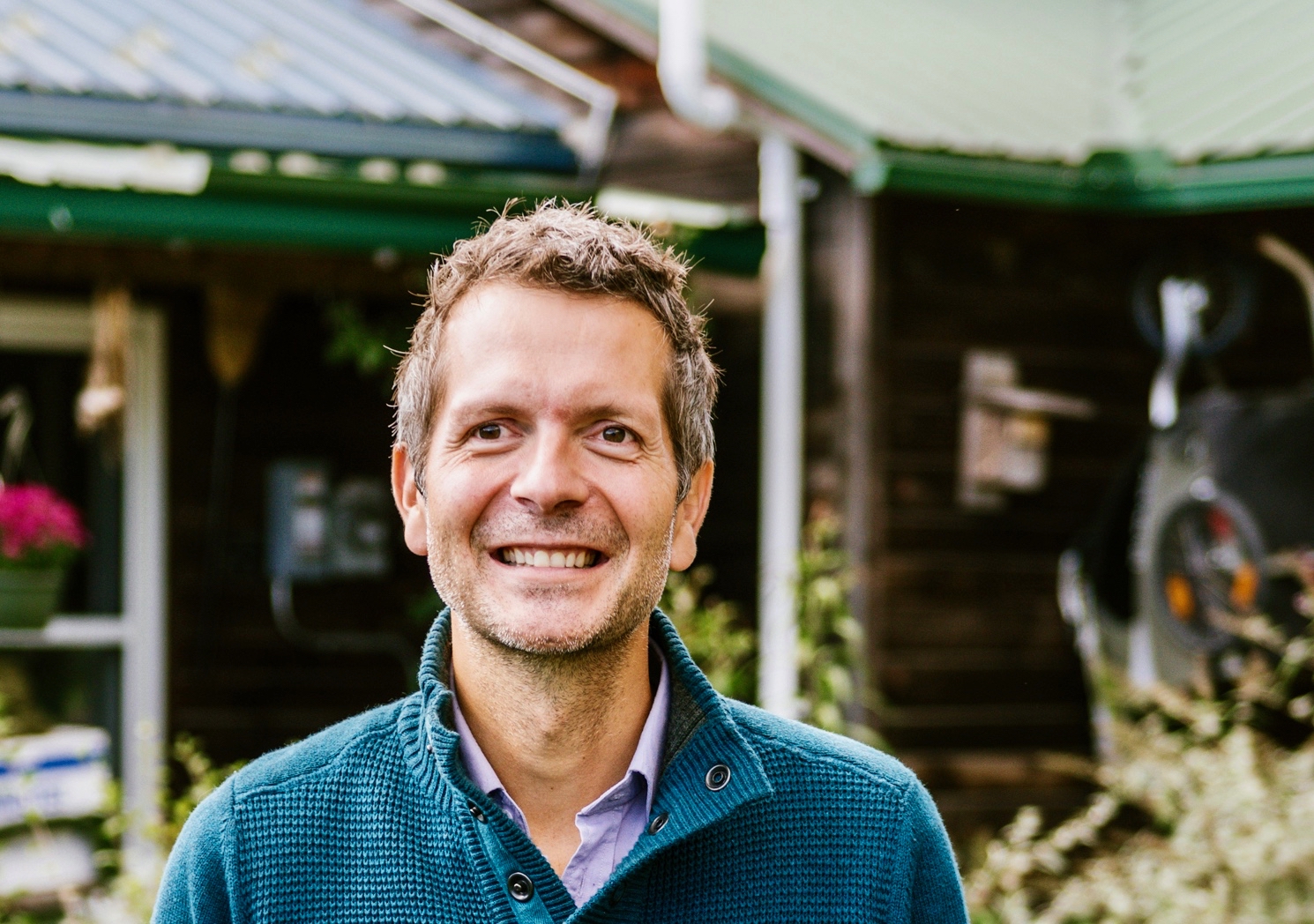New Work by Frederic Laloux
New Work is a movement for new forms of organization beyond classical hierarchies. The Belgian Frederic Laloux has (co)shaped it.
28.05.2020
New Work is a movement for new forms of organization beyond classical hierarchies. The Belgian Frederic Laloux has (co)shaped it.
28.05.2020


Reinventing Organizations is the name of the book by the Belgian organizational consultant Frederic Laloux, which has made the Belgian the mastermind of the worldwide New Work movement. Published in 2014, it has become a standard work for innovative forms of corporate organization. According to a central thesis of the former McKinsey partner, companies are often still developed on the drawing board like machines. The people who work in them are nothing more than a resource that must be optimally used as input.
However, this outdated thinking is challenged by a paradigm shift : More and more organizations today see themselves as living organisms. This rethinking is accompanied by the new structures: Instead of relying on the traditional power pyramid, companies are using networked forms of self-management. The assumption here is that, under today's conditions, decentralized and network-like systems operate more successfully than hierarchical organizations because they understand and manage complexity better. Instead of constantly planning and controlling, Laloux suggetss that companies should focus on perceptiona and enabling: "Sense and Respond" is the motto, and no longer "Predict and Control".
Accordingly, employees are given far-reaching decision-making powers and can act in the interests of the organization at their own discretion. Managmement is required to support and encourage its own teams in the development of new ideas. For Laloux, the basis for this is that companies learn to understand their employees in a different way: A holositic view of human nature is the focus. Only when all those involved no longer have to put on a professional mask permanently can they draw of their creativity, energy and passion.
Laloux is convinced that if companies are able to make this change, they will acquire a different consciousness and self-image, which he characterizes with the color code turquoise (teal): To a self-image as a living organisms. In his step-by-step model, this distinguished them form postmodern or green organizations that are oriented towards the image of the family. But they also differ from modern (or orange) organizations that function according to a machine principle; from traditional or yellow institutions that are strongly oriented towards stability and control, such as the army, and finally from tribal communities marked with the color code red that are oriented towards an authoritatian leader.
As Laloux points out, all of these forms are present in today's economy and society - and, depending on them, absolutely appropriate. Self-organized forms of work also present employees with major challenges that not everyone is up to: Those who have become accustomed to a prenounced hierarchy over the years do not becoem self-organizing team players overnight. Critics of Laloux and his approaches also criticize this. For managers who want to develop their companies further, Reinventing Organizations should nevertheless continue to be an indispensable resource - if only to check their own approach.
Interested parties can download an illustrated language version of the book at a price of their choice ("pay-what-feels-right") from the website www.reinventingorganizations.com. The coworking space The 5th Floor promotes the exchange on new approaches like this one - with an innovative environment and intertesting tenants. Contact us for more infromation.